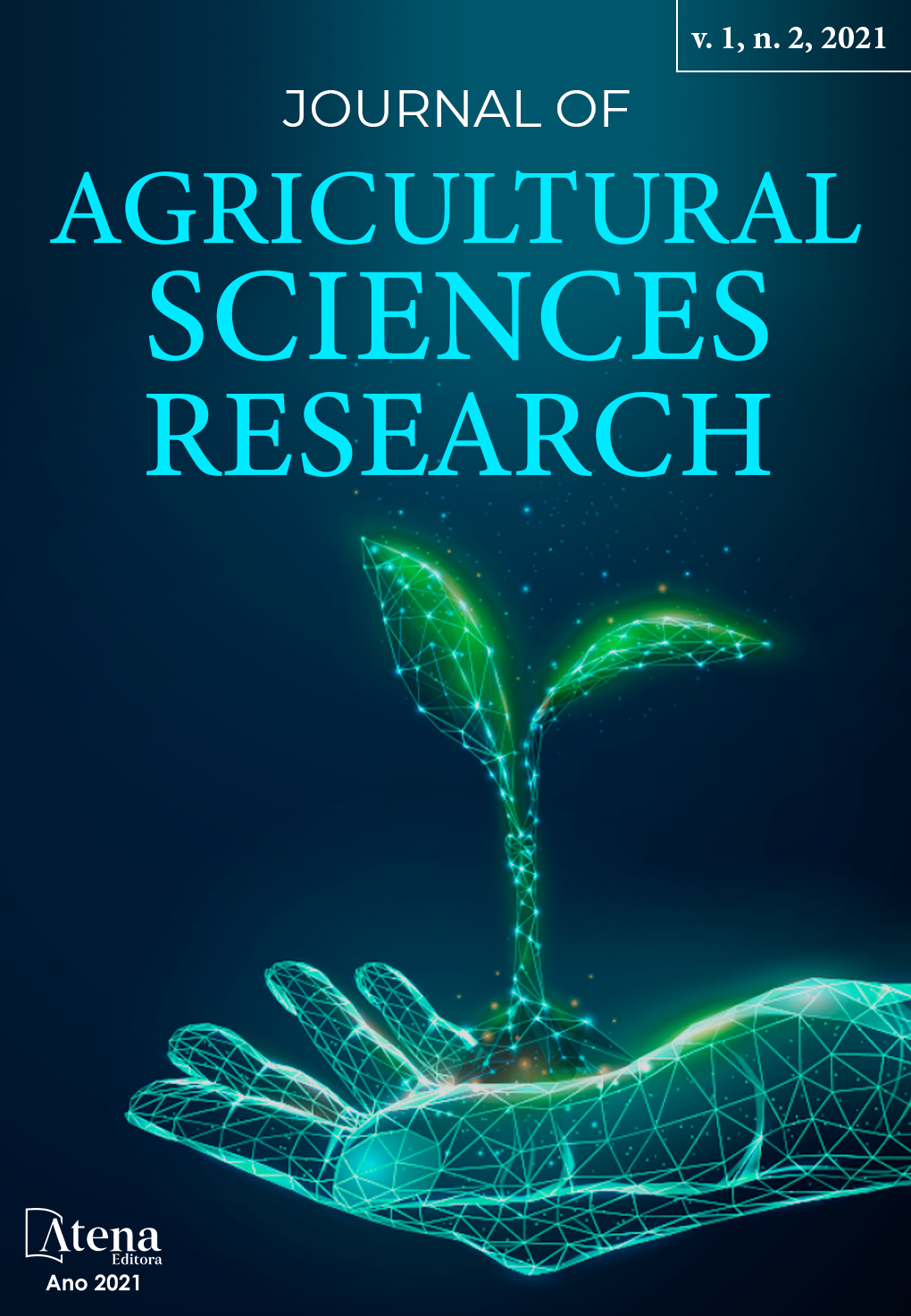
UNCONVENTIONAL FOOD PLANTS (PANCs): A REVIEW
The non-conventional food plants (PANCs) stand out on the world stage, with an ever-increasing demand for people looking for natural, healthy products to improve their eating habits or for the need for more restrictive diets. The present work aimed to gather and spread knowledge about non-conventional food plants, through their functional and technological potential and highlight their nutritional characteristics for the development of new products. It was observed that among all Brazilian biomes, there is a very rich diversity of PANCs, easily found and consumed, either fresh, minimally processed or included in industrial scale products. It can be observed that the consumption and use of PANCs still belong to a minimum portion of the Brazilian society, even with the knowledge that PANCs can offer a healthy, rich and complete diet. Several PANCs species with high nutritional factors, often even highter than those of conventional plants. It is also highlighted the fact that PANCs are easy to grow and do not require the use of pesticides. However, the subject is little explored and disseminated, needing to deepen the knowledge about its use. It was observed through this study, the great technological and nutritional potential of these plants as viable alternatives, considering the demand from consumers who are increasingly seeking to diversify their food with non-conventional products.
UNCONVENTIONAL FOOD PLANTS (PANCs): A REVIEW
-
DOI: 10.22533/at.ed.9732111111
-
Palavras-chave: Non-conventional food plants. Technological nutritional and functional potential. Alternatives for the development of new non-conventional foods.
-
Keywords: Non-conventional food plants. Technological nutritional and functional potential. Alternatives for the development of new non-conventional foods.
-
Abstract:
The non-conventional food plants (PANCs) stand out on the world stage, with an ever-increasing demand for people looking for natural, healthy products to improve their eating habits or for the need for more restrictive diets. The present work aimed to gather and spread knowledge about non-conventional food plants, through their functional and technological potential and highlight their nutritional characteristics for the development of new products. It was observed that among all Brazilian biomes, there is a very rich diversity of PANCs, easily found and consumed, either fresh, minimally processed or included in industrial scale products. It can be observed that the consumption and use of PANCs still belong to a minimum portion of the Brazilian society, even with the knowledge that PANCs can offer a healthy, rich and complete diet. Several PANCs species with high nutritional factors, often even highter than those of conventional plants. It is also highlighted the fact that PANCs are easy to grow and do not require the use of pesticides. However, the subject is little explored and disseminated, needing to deepen the knowledge about its use. It was observed through this study, the great technological and nutritional potential of these plants as viable alternatives, considering the demand from consumers who are increasingly seeking to diversify their food with non-conventional products.
-
Número de páginas: 9
- Débora Regina Magro
- Sheila Mello da SIlveira
- Samantha Lemke Gonzalez
- Álvaro Vargas Junior
- Nei Fronza
- Fabiana Bortolini Foralosso


